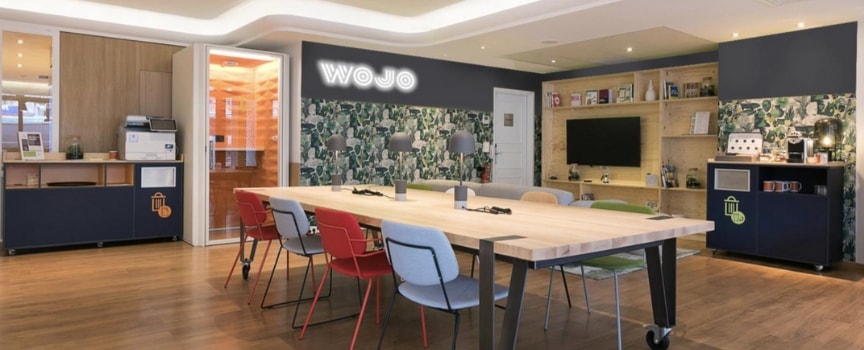
Hotels reformulation: the first steps in a long road
Date: June 21, 2021
COVID-19 caused issues to erupt at turbo speed, impacting the heart of the hotel and tourism industries. The actual final impact is still to be determined, but the pandemic is forcing deep changes in what we understand as today’s hotel concept.
Contributed by Osvaldo Chudnobsky Cohen, managing partner, Horwath HTL Brazil
In some locations, it is very clear that the corporate and MICE segments will reduce their sizes, composition, and ability to pay previous rates once the pandemic is tamed. This is, for example, the case of some Brazilian products focused on foreign business travelers. They will only improve their revenue after sanitary and business conditions improve. A bit more complicated will be conditions for huge hotels attached to massive fairs, congresses and convention facilities. And finally, the key urban markets have been invaded by Airbnb and similar non-traditional lodging inventory, reducing historic levels of occupancy.
These three synergistic factors have created the perfect storm for hotels and much uncertainty. As a result, sooner or later, some “relevant” hotels will need a “relevant” reformulation.
Simultaneously, in a country like Brazil, with a depreciated currency and a huge domestic market not easily able to fly abroad, the tourism segment is growing in all directions. Also, fractional ownership is booming as mechanisms develop to acquire a vacation asset with medium-term financing. And finally, branded- and serviced-residences with flexible terms are debuting in the main cities with great success.
Reformulation, reformulation, and more reformulation would be ideal for some hotels aiming to survive and have success in this new challenging environment. This article discusses the main aspects related to this “reformulation,” considering the architectural, economic, branding, and business orientation of the properties. I will bring the Brazilian/South American vision of the industry to the fore, including multiple existing lodging formats in the region. I will begin discussing initial experiences refurbishing and repositioning rooms and meeting spaces in Brazil, the main regional market.
The first step: The new “room office”
Some hotels are taking out beds in some rooms and converting them into working spaces to be rented on a daily, weekly, and monthly basis. It is a relatively simple operation that is perfectly synergistic with the rest of the hotels’ activities.
As the leader in the region, Accor is ahead of the market introducing the “Room Office by Wojo,” already in operation as a key test in some hotels in São Paulo. They researched their own client base and discovered that 79% responded favorably to the idea of converting hotel rooms into flexible working spaces. Fully, 55% said their main motivation was to rush from the home office, followed by having a proper “corporate” infrastructure, a quiet and silent working space, and high-speed internet. An integrated F&B package, coffee machines, and printing facilities were also well ranked as reasons to choose this Room Office service.
Accor designed three categories – Luxury, Midscale and ECO – and have developed these facilities in Pullman, Adagio, Novotel and Ibis brands in the São Paulo region. They are planning for 120 Room Offices in their more than 300 hotels in the region by the end of 2021.
New partnerships had to be created to provide internet and TV services for monthly clients, IT support, and other technological services. The first numbers indicate an average cost of around US$1,200 per room for this transformation while expecting to obtain rates around 15% lower than typical hotel room rentals. Also, they verified a reduction in the costs of room maintenance and supplies.
Atlantica Hotels, the second biggest Brazilian hotel company, has also converted one suite of a Comfort Inn to a working room and is still in the process of further launching the concept.
Basically, this model transforms traditional hotel rooms into working spaces with low investment, as well as expectations for increased occupancy and F&B income. It also expects a reasonable discount in the rates, probably just during the launching process.
It remains unclear how consumers will accept these new room formats, but considering the locations, the diverse type of product available and the new necessity for these flexible working spaces, the forecast for support is enthusiastic.
This seems to be among the first shy steps of the long and winding road of hotel’s reformulation.
This article first appeared in HotelsMag on 4/30/2021



